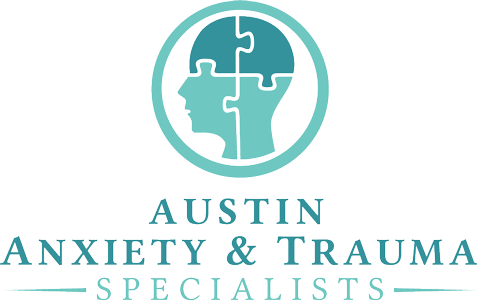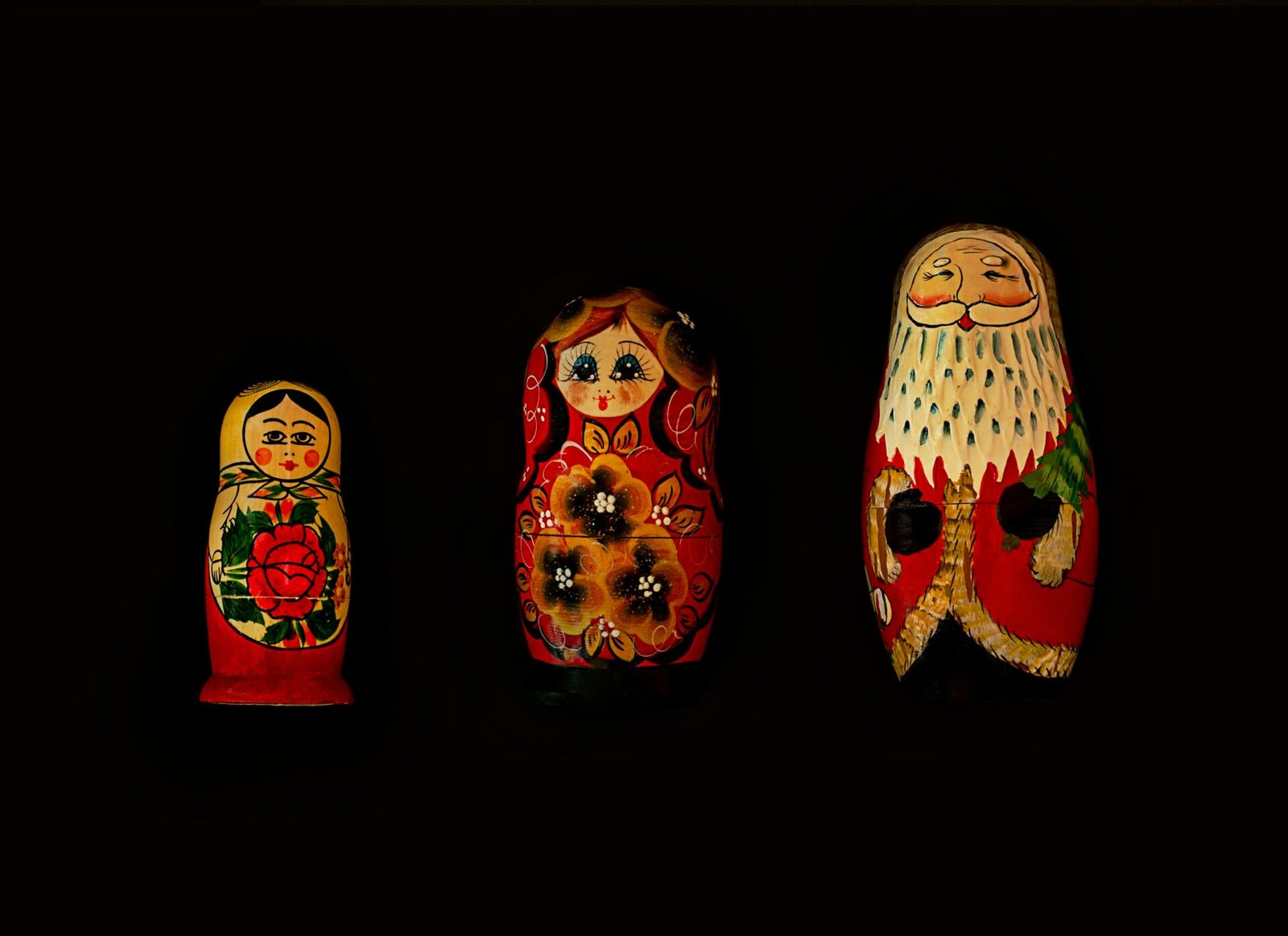Holiday ads are everywhere this time of year. Your inbox is overflowing with discounts, your phone is buzzing with notifications about sales, and social media is filled with gift guides. It’s easy to feel swept up in the whirlwind of holiday consumerism. But somewhere between hitting “add to cart” and opening your credit card statement, you might feel a twinge of guilt. Maybe it’s the worry about overspending, the nagging thought that you’re buying things people don’t really need, or even the ethical dilemmas about where and how your purchases are made.
For many, the holidays bring a mix of joy and pressure, and that pressure often manifests as guilt. Let’s explore why this happens, how it can affect your mental health, and what you can do to find some peace during this season.
Keep reading: 6 Tips To Manage Holiday Stress
The struggle of holiday consumerism
The holidays are framed as “the season of giving,” but it’s easy for that sentiment to turn into a race to meet impossible expectations. The culture around gift-giving can feel like an unspoken competition to find the most thoughtful, expensive, or trendy present. Social media only amplifies this pressure, with influencers and friends showing off perfectly curated holiday hauls or elaborate celebrations. It can leave you wondering if you’re doing enough.
On top of that, the sheer volume of advertising during the holiday season can make you feel like you’re failing if you’re not constantly buying. And if you’re someone who values sustainability or is working within a budget, the tension between wanting to give generously and sticking to your principles can add another layer of stress.
Keep reading: Mind Over Money: 6 Strategies to Relieve Financial Stress
How guilt manifests in mental health conditions
That holiday guilt doesn’t just disappear after you’ve checked off your shopping list. It can linger, often intertwining with underlying mental health conditions. Here are a few ways guilt can exacerbate these challenges:
- Generalized Anxiety Disorder (GAD): Guilt about holiday spending can intensify the constant worry and restlessness that often accompany GAD, making it harder to manage day-to-day stressors. This ongoing worry can create a cycle where even small financial decisions feel overwhelming.
- Depression: Feelings of guilt can deepen depressive symptoms, fueling negative self-talk and making it difficult to find joy in the season. Over time, this may lead to withdrawing from holiday activities or loved ones.
- Obsessive-Compulsive Disorder (OCD): For those with OCD, guilt may trigger compulsive behaviors or intrusive thoughts around making “perfect” choices or avoiding perceived mistakes. This can lead to excessive time spent agonizing over decisions, further heightening stress levels.
Keep reading: How to Brave the Holidays When You’re Feeling SAD
You deserve compassion, too
If holiday consumerism guilt has been weighing on you, practicing self-compassion can help lighten the emotional load. Start by acknowledging your intentions behind your holiday spending. Instead of fixating on what you might have done differently, recognize the care and generosity that motivated your choices. Whether you spent a little more than planned or chose simpler gifts, your actions stemmed from a desire to give and connect.
When guilt starts to creep in, try talking to yourself as you would a close friend. If a friend shared feelings of guilt about holiday spending, you’d likely respond with understanding and kindness, reminding them of their good intentions. Extend that same understanding to yourself. It’s okay to feel conflicted, but it’s also important to be gentle with your self-assessment.
Another way to approach self-compassion is by reframing guilt as an opportunity for growth. Guilt often signals that you care deeply about your actions and their impact. Use this awareness to reflect on what truly matters to you during the holidays. Perhaps it’s focusing on meaningful connections, staying within a budget, or finding joy in non-material ways. Let these reflections guide your future decisions without self-judgement.
Keep reading: How to Combat Negative Self-Talk with Self-Compassion
What to do when it’s all too much
Sometimes, feelings of guilt or anxiety during the holidays are a sign of deeper issues that might benefit from professional support. If these emotions are making it difficult to find joy in the season or are significantly impacting your daily life, seeking support might be the right step.
At Austin Anxiety and Trauma Specialists, we can help you unpack the roots of these feelings, whether they’re tied to long-standing patterns of perfectionism, financial stress, or deeper mental health conditions like anxiety or depression. Our therapists work with you to develop tools for managing guilt, setting healthier boundaries, and navigating the holidays in a way that feels true to your values and priorities.
You don’t have to face these challenges alone. Book your free consolation and we can explore together how therapy could support you during this season. It can get better. We can help.






